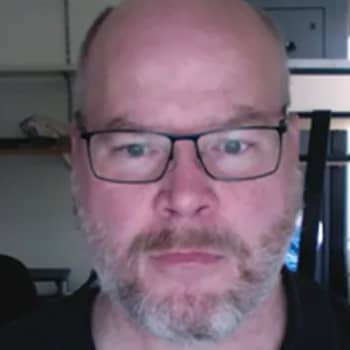Podcast: Download
Subscribe: Apple Podcasts | RSS
 Tell me if this sounds like clickbait?
Tell me if this sounds like clickbait?
“Ancient Australian Aboriginal Memory Tool Superior to ‘Memory Palace’ Learning”
I mean, I thought so too.
Must be click bait.
I grew even more concerned when Dominic O’Brien tweeted a Neuroscience article and added this statement:
“In short, Link or Story Method combined with Journey Method provide the optimum learning strategy.”
With all due respect to Dominic and acknowledgement of his great accomplishments and wonderful books, this is not precisely what the Neuroscience article says.
Nor is it what the full study says.
Neither the media report or the study even contain the word “Journey.”
An Opportunity For The “Pause” Button
Now, because I’m human too, I decided not to battle about this on Twitter. As you know, Angry Birds just ain’t my schtick.
In fact, I simply retweeted Dominic’s statement with a link to the original study.
And with sincere humility, let me offer this:
For a memory expert to… shall we say… shape what a study says by promoting it with a quasi-branded term like “Journey Method” should be a wake up call to the human and humanness in us all.
Because as educators, it’s normal to get excited by anything in the world of science that validates what we’ve been saying all along. I’m sure in haste I’ve done something like that too, and in this fast paced world, probably will again.
All the more reason that we must be on our guard and seek to go beyond the headlines and the tweets.
To temper ourselves so that we can truly learn from the research, and hopefully improve how we teach and learn, while avoiding getting territorial in ways that risk placing borders on the wonder.
Territorialism Over Terminology
Because frankly, I noted a small tremor of territorialism in myself at the idea that something could be better than the Memory Palace.
And that happened to me even though I often remind you that this term is just a word for location-based mnemonics, and nothing more.
Knowing that there must be more to this study than anyone could hope to convey in a tweet, I read the full paper myself. And to get even more detail, I reached out to Dr. David Reser at Monash university.
As a neuroscientist with interests in attention, consciousness and many aspects of education, Dr. Reser is the head author on the study that several dozen people have emailed me about since the story broke.
What Does The Study Actually Say?
First off, it’s important that you read it yourself.
The study is called:
It turns out, the medical and health education setting matter a great deal. And there are several more nuances that make this study very, very interesting.
For example:
- A particular story was important to the study
- Student preparedness and preexisting learning experiences may be key to learning faster
- Having a teacher in the learning space with the students was important
- The Aboriginal approach is shown to have helped the individuals remember the order better
- More research on long term comparisons with the Method of Loci and the Aboriginal technique are required
These are just my tentative bullet points for the time being.
Frankly, Dr. Reser is so good at explaining the science, I really hope you’ll dive into the full conversation.
This Actually Could Be “Better” Than The Memory Palace Technique
For now, I’m happy to say this:
If all of us educators and students can get on the same page, share these findings around and collaborate with those members in the Aboriginal community who hold knowledge we should be very excited about…
Why then, there might just be something many magnitudes of better, better than whatever you want to call the memory techniques you currently use.
But we do have to pay the price of attending to accuracy.
With care and accuracy in mind, I’m grateful Dr. Reser spent this time with us to discuss the study, the nature of its implications and what we all can do to learn, explore.
Links To Dr. Reser
Please spend some time on the reading, share your thoughts in the comments.
And if you’re new to the Magnetic Memory Method blog, please get subscribed because I’m hoping to record a follow-up interview with Tyson Yunkaporta soon.
If you, like me, care about the memory tradition and our quest for the truth about what really works, you’re not going to want to miss a thing.
Dr. David Reser’s Monash University Profile
Related Posts
- Tap The Mind Of A 10-Year Old Memory Palace Master
Discover how at age 10 Alicia memorized all of Shakespeare’s plays using Memory Palaces. Learn…
- Memory Palace Software: Matthew Snow on Using MemoryFiler
Looking for Memory Palace software? Check out Matthew Snow's MemoryFiler. It promises to help you…
- How Mike McKinley Memorized 66 Psalms WITHOUT A Memory Palace
Struggling with the Memory Palace technique? Good news: Mike McKinley memorized 66 Psalms without one…





